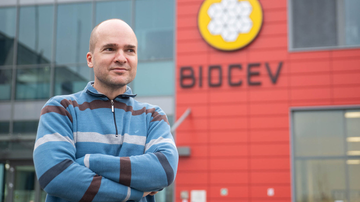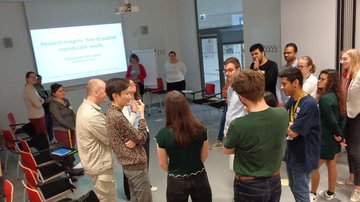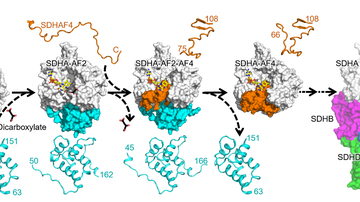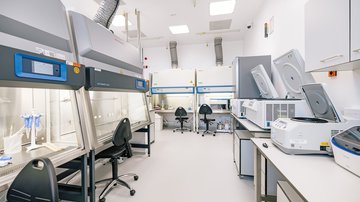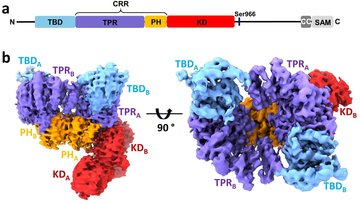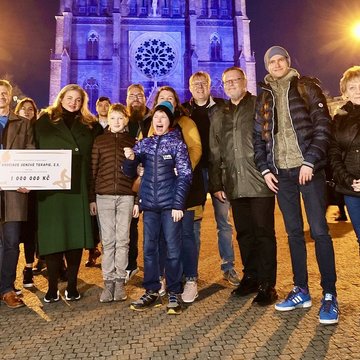
Czech scientists are investigating the genes that make thousands of children seriously ill every year.
There is a group of diseases, 95% as yet untreatable, that affects more people worldwide than the number of cancer and AIDS patients combined. Yet they are called rare diseases because they account for only a few hundred or a few dozen patients each. However, there are about 7000 known rare diseases and half a million people in the country (and 300 million worldwide) suffer from them. Many of them can be helped by gene therapy - a modern treatment whose development is based on the knowledge of genes studied by scientists at the Czech Centre for Phenogenomics (CCP) research institute in BIOCEV.
The speed at which any scientific research progresses is largely influenced by funding. The funds allow us to expand research teams, upgrade technological equipment and establish further collaborations with top centres around the world. "From the donations of many individuals and organisations, we have been able to support CCP with a total of CZK 1.5 million so far, and we will present a cheque for a further CZK 1 million on the occasion of this year's International Angelman Syndrome Day on 15 February. The handover ceremony took place at 6:00 pm in front of the Basilica of St. Ludmila on Peace Square in Prague. Our great thanks to everyone for this. Thanks to this, research can move forward again," explains Lenka Hajgajda, founder of the Gene Therapy Association and mother of little Oliver, who was diagnosed with a rare genetic condition called Angelman Syndrome, often referred to as "happy baby syndrome".
Information about support opportunities can be found on the ASGENT website.
Read more about the research of rare diseases in the CCP/BIOCEV HERE







